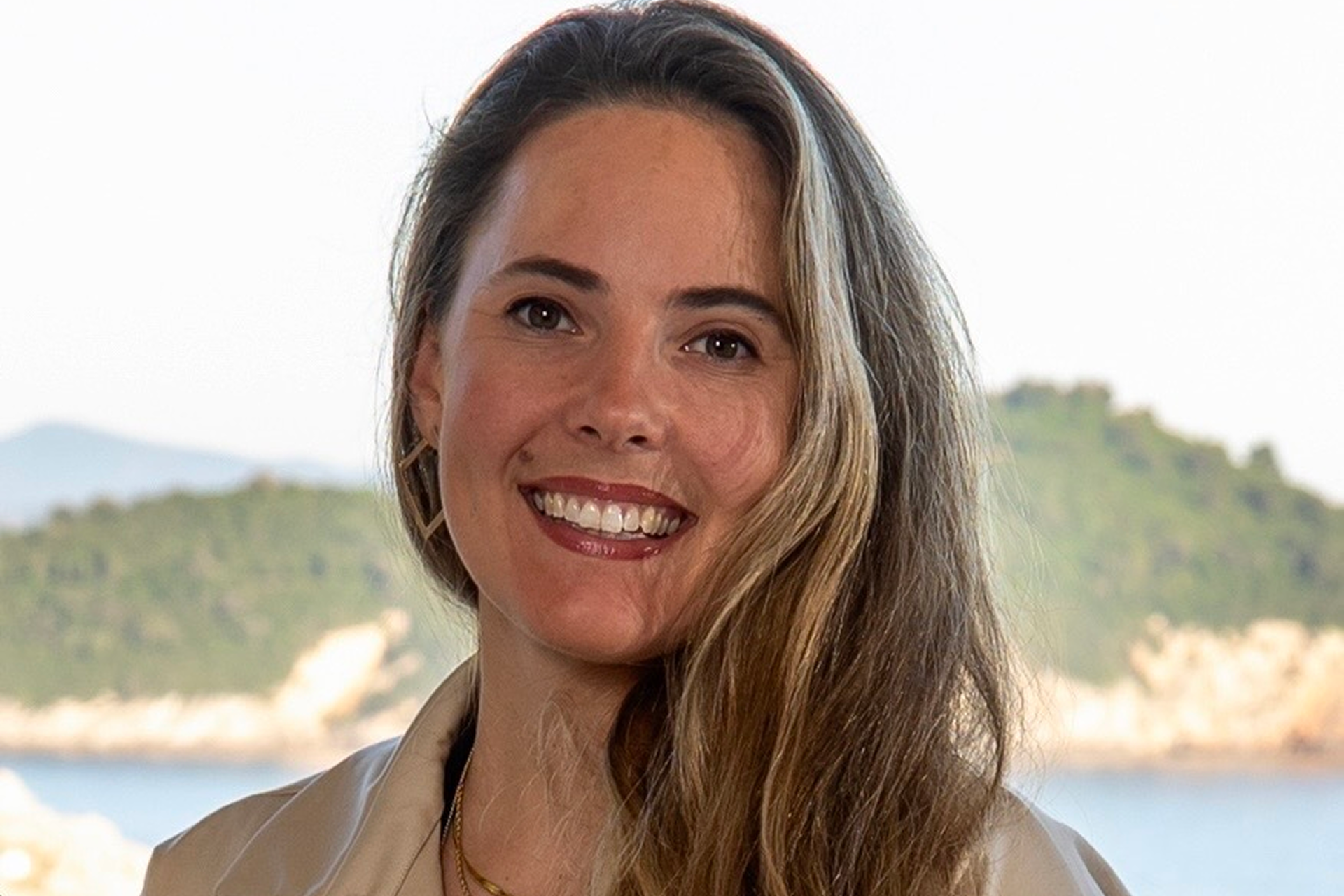Cultural Humility And Cultural Competence: A Case For Diversity

You might assume your company has a diverse team where everyone feels heard and included. But do you really?Take a close look at your workforce. Have you and your leadership team truly taken the time to understand your employees? Can you grasp their diverse backgrounds and experiences?To be a better leader, you need to develop cultural competence and cultural humility. But how? And what do people mean when they refer to cultural competence and cultural humility?
What is cultural competence?
The National Prevention Information Network (NPN) branch of the US Centers for Disease Control and Prevention (CDC) uses an effective definition for cultural competence.It's is the ability to get knowledge about diverse cultures and apply that knowledge to connect with people from other cultures.The concept of cultural competence became prevalent in the 1960s and 1970s. It’s a product of the Civil Rights movements that first took hold in the healthcare industry. When hospitals and providers first adopted it, the idea was that it would lead to better patient care and improve medical practices.
Qualities of cultural competence
Organizations that embody the principles of cultural competence:
- Have broad definitions of culture
- Value cultural beliefs
- Recognize that language interpretation is complex
- Involve the entire staff in defining and addressing culturally-based needs
- Incorporate cultural competence in training and hiring
What is cultural humility?
The University of Oregon claims cultural humility involves self-reflection. A person must understand how individual backgrounds impacts everything. Everyone doesn't have the same experiences. This divergent set of backgrounds has an effect on the following:
- Teaching
- Learning
- Research
- Creative activity
- Engagement
- Leadership
- And more
The idea of cultural humility first appeared in 1998. Dr. Shamaila Khan, Ph.D. says this about the concept:“[It’s] understanding the complexity of identities – that even in sameness there is difference.”As such, the practice is something that never ends. It involves intense self-reflection and a robust sense of self. Cultural humility requires you to examine your own internal assumptions and biases about people of other cultures. Moreover, a person who is culturally humble understands how intersectionality contributes to shifts in identity.
Qualities of cultural humility
Physicians, Dr. Melanie Tervalon, M.D., MPH and Dr. Jann Murray-Garcia, M.D., MPH describe the following cultural humility characteristics:
- Curiosity about cultural differences
- Interest in other people’s experience
- Flexibility – being open to changing perspectives
- Personal humility
- Ongoing self-evaluation, including a realistic appraisal of internal biases and assumptions
- Recognition and sensitivity to power imbalances
Cultural humility versus cultural competence
Cultural competence on its own has some drawbacks. Built into the concept is the idea that culture is a fixed construct and that people come from just one cultural background. It also assumes that there’s an endpoint to acquiring cultural knowledge about a culture and, by extension, individuals from that culture.A person who claims cultural competence maintains internal biases based on generalities and stereotypes they acquired through their superficial study of a particular culture.However, people don’t just come from one culture or experience. Instead, your employees and everyone you meet are a product of multiple cultures and experiences. Cultural humility takes cultural competence to the next level.Plus, cultural humility means it’s impossible to be an expert or presume knowledge about an individual’s experience, including their cultural background.In their article, “Understanding Intercultural Competence,” leading human resources professional organization, SHRM (Society for Human Resource Management) claims that cultural differences can emerge from any aspect of diversity. According to SHRM, diversity can include the following dimensions:
- Age
- Caregiver status
- Class
- Communication styles
- Educational background
- Ethnicity
- Family status
- Gender
- Gender identity or expression
- Geographic location
- Group identity
- Income
- Job classification and job function
- Language
- Marital status
- Military experience
- Organizational background
- Organizational level
- Parental status
- Physical abilities and qualities
- Race
- Relationships and group affiliations
- Religious beliefs
- Sexual orientation
- Socioeconomic status
- Thinking styles
- Work experience
Therefore, everyone is their own cultural –or rather, intercultural – blend of experiences. Cultural humility – sometimes referred to as cultural sensitivity, takes all these dimensions into consideration and understands that they don’t define another person’s cultural identity or experiences for them.
How to create a company culture of cultural competence and cultural humility and improve diversity, equity and inclusion efforts
To truly become a company that is inclusive, equitable and diverse involves moving beyond cultural competence. Companies must instead embrace cultural humility and sensitivity. If these ideas are new to your firm start small.Start by cultivating humility in yourself, in your leadership and management teams and then in the rest of the workforce.Next extend that humility to your awareness of how you treat your employees.Consider how you can become more inclusive of employees, clients and colleagues from diverse cultures and experiences.
Start with humility
Drs. Tiffany Maldonado, Ph.D. and Dusya Vera, Ph.D. advise taking the following steps to develop humility at work:
- Cultivate accurate awareness – be honest and realistic. Look at your own strengths and weaknesses. Look at your company’s strengths and weaknesses. Help employees analyze their own talents and where they can improve or need further training.
- Understand that people make mistakes – Eliminate the need for “perfectionism” in your company, yourself and your employees. There’s no such thing. Tolerate and learn from honest mistakes. Innovation and growth can’t occur without mistakes.
- Be open, honest and transparent – Don’t hide ideas and the company mission and vision from employees. When you or another member of the leadership team make mistakes, be open and honest about them.
- Prioritize employee development – Companies with humble cultures make employee training and development a priority. Start simple with weekly or monthly “lunch and learn” sessions on industry topics and on organizational improvement topics, such as cultural humility.
Besides evolving into an organization that embraces humility and cultural differences, use those skills to improve your diversity, equity and inclusion efforts. One of the hallmarks of cultural humility is the desire to fix power imbalances.Incorporate that desire into your employee engagement and retention efforts. Hire staff not based on a superficial requirement to “appear diverse.” Instead, cultivate the qualities of cultural humility to understand and include qualified people from a variety of backgrounds, cultures and experiences in all levels of your business.
How coaching can help you build a more diverse, equitable and inclusive workplace culture
It’s not easy to transform your company culture on your own. Building a more diverse, equitable and inclusive company doesn’t happen overnight. It involves everyone on your team, and it requires training. Professional digital coaching from CoachHub can help. We have a variety of solutions, including coaching options focused on diversity, equity and inclusion.
FAQ
Yes, executive coaching plays a key role in retaining and engaging senior leaders by giving them space to reflect, grow, and lead with purpose. Through individualized support, executives strengthen communication, decision-making and resilience — all of which drive engagement and long-term satisfaction.
With CoachHub Executive™, organizations not only see improved leadership performance but also greater alignment, motivation and confidence among their top talent, resulting in higher retention and a stronger leadership pipeline.
CoachHub Executive™ goes beyond one-to-one sessions by integrating technology, measurable insights and continuous learning into every coaching journey. Each executive benefits from personalized matching with certified coaches and flexible session formats to reinforce development between sessions.
While traditional coaching often lacks scalability or measurable tracking, CoachHub ensures impact visibility through data-driven dashboards, 24/7 scheduling flexibility and a consistent, high-quality experience for leaders worldwide, that can be tailored to your organization's goals.
Yes, executive coaching is delivered across 90 countries in 40+ languages, with localized coach networks that meet the cultural and business needs of global organizations.




.svg)


.svg)

.jpeg)



.png)



